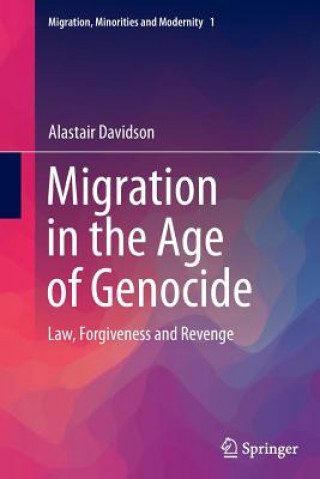
Kód: 15368773
Migration in the Age of Genocide
Autor Alastair Davidson
This book presents a novel proposal for establishing justice and social harmony in the aftermath of genocide. It argues that justice should be determined by the victims of genocide rather than a detached legal system, since such a ... celý popis
- Jazyk:
 Angličtina
Angličtina - Vazba: Brožovaná
- Počet stran: 216
Nakladatelství: Springer International Publishing AG, 2016
- Více informací o knize

Mohlo by se vám také líbit
-
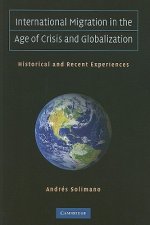
International Migration in the Age of Crisis and Globalization
918 Kč -
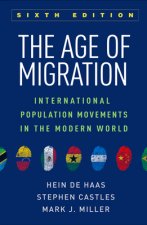
The Age of Migration: International Population Movements in the Modern World
1571 Kč -

Social Construction and Use of Landscape and Public Space in the Age of Migration
2404 Kč -

American Civilization
1404 Kč -

Lache über deinen Nächsten wie dich selbst
264 Kč -

Code-Manuel Des Proprietaires Et Locataires de Maisons, Hoteliers, Aubergistes Et Logeurs
974 Kč -

Mohnblumenfeld Kronsberg (Puzzle)
1013 Kč
Darujte tuto knihu ještě dnes
- Objednejte knihu a zvolte Zaslat jako dárek.
- Obratem obdržíte darovací poukaz na knihu, který můžete ihned předat obdarovanému.
- Knihu zašleme na adresu obdarovaného, o nic se nestaráte.
Více informací o knize Migration in the Age of Genocide
Nákupem získáte 167 bodů
 Anotace knihy
Anotace knihy
This book presents a novel proposal for establishing justice and social harmony in the aftermath of genocide. It argues that justice should be determined by the victims of genocide rather than a detached legal system, since such a form of justice is more consistent with a socially grounded ethics, with a democracy that privileges citizen decision-making, and with human rights. The book covers the Holocaust; genocides in Argentina, South Africa, Rwanda, Latin America, and Australia, as well as crimes against humanity in Italy and France. From show trials to state- enforced forgiveness, the book examines various methods that have been used since 1945 to punish the individuals and groups responsible for genocide and how they have ultimately failed to deliver true justice to the victims. The only way to end this failure, the book points out, is to return justice to the victims. This simple proposition; however, challenges the Enlightenment tradition of Western law which was built on the refusal to allow victims to determine the measure of justice. That would amount, according to Bacon, Hegel, and Kant to a revenge system and bring social chaos. But, as this book points out, forgiveness is only something victims can give, no-one can demand it. In order to establish a lasting peace, it is necessary to re-examine the philosophical and theoretical refusal to return justice to the victims. The engaging argument put forth in this book can help deliver true justice and re-establish international social harmony in the aftermath of genocide. Genocide is ubiquitous in the modern, global world. It's understanding is highly relevant for the understanding of specific and perpetuating challenges in migration. Genocide forces the migration of millions to avoid crimes against humanity. When they flee war zones they bring their fears, hates, and misery with them. So migration research must engage fully with the experience of genocide, its human conseque nces and the ethical dilemmas it poses to all societies. Not to do so, will make it more difficult to understand and live with newcomers and to achieve some sort of harmony in host countries, as well as those which are centers of genocide.
 Parametry knihy
Parametry knihy
Zařazení knihy Knihy v angličtině Society & social sciences Society & culture: general Social issues & processes
1665 Kč
- Plný název: Migration in the Age of Genocide
- Podnázev: Law, Forgiveness and Revenge
- Autor: Alastair Davidson
- Jazyk:
 Angličtina
Angličtina - Vazba: Brožovaná
- Počet stran: 216
- EAN: 9783319359816
- ISBN: 9783319359816
- ID: 15368773
- Nakladatelství: Springer International Publishing AG
- Hmotnost: 3577 g
- Rozměry: 235 × 155 × 15 mm
- Datum vydání: 22. October 2016
Oblíbené z jiného soudku
-

The Second Sex
213 Kč -

White Tears Brown Scars
302 Kč -
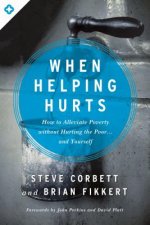
When Helping Hurts
345 Kč -

The Beauty Myth
169 Kč -

Violence and the Sacred
887 Kč -

Good Immigrant
334 Kč -

Wolf Nation
794 Kč -

Stuart
302 Kč -

Population Wars
409 Kč -

The Lucifer Effect
402 Kč -

Superforecasting
323 Kč -

Sensate Focus in Sex Therapy
1021 Kč -

Pleasure Activism
421 Kč -

Drama Of Being A Child
276 Kč -

Alcoholics Anonymous Big Book
602 Kč -

Vulture
431 Kč -

Regarding the Pain of Others
302 Kč -
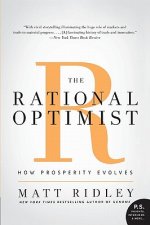
Rational Optimist
431 Kč -

Poor Economics
323 Kč -

Violence
323 Kč -

Psychopath Free
421 Kč -

Shock Doctrine
433 Kč -
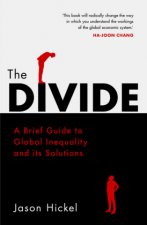
The Divide
302 Kč -

Silently Seduced
323 Kč -

The Feminine Mystique
302 Kč -

Toxic Parents
356 Kč -
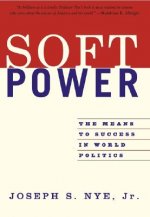
Soft Power
362 Kč -
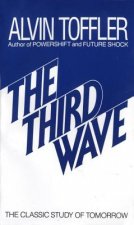
Third Wave
257 Kč -
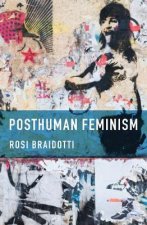
Posthuman Feminism
569 Kč -

No Logo
323 Kč -

Courage To Heal Workbook
784 Kč -

Illness as Metaphor and AIDS and Its Metaphors
356 Kč -

Down and Out in Paris and London
249 Kč -

Dopesick
213 Kč -

Presence
381 Kč -
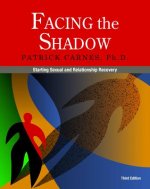
Facing the Shadow
812 Kč -

Last Days at Hot Slit - The Radical Feminism of Andrea Dworkin
440 Kč -

A Room of One's Own
191 Kč -

Future Shock
270 Kč -

Problem that Has No Name
63 Kč -

Your Silence Will Not Protect You
383 Kč -

Social Animal
378 Kč -

Attention Merchants
334 Kč -

Who Cooked Adam Smith's Dinner?
302 Kč -

Stiff Upper Lip
302 Kč -

Power Elite
545 Kč -

Eternal Treblinka
499 Kč -

Go Ask Alice
249 Kč -
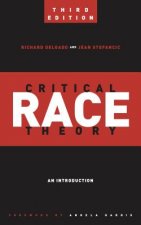
Critical Race Theory (Third Edition)
543 Kč
Osobní odběr Praha, Brno a 12903 dalších
Copyright ©2008-24 nejlevnejsi-knihy.cz Všechna práva vyhrazenaSoukromíCookies



 Vrácení do měsíce
Vrácení do měsíce 571 999 099 (8-15.30h)
571 999 099 (8-15.30h)